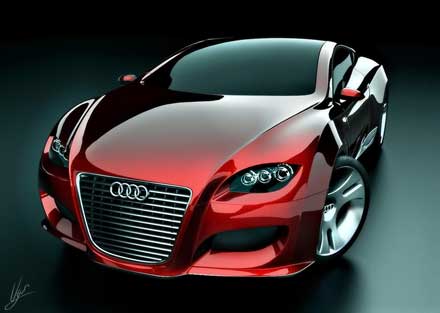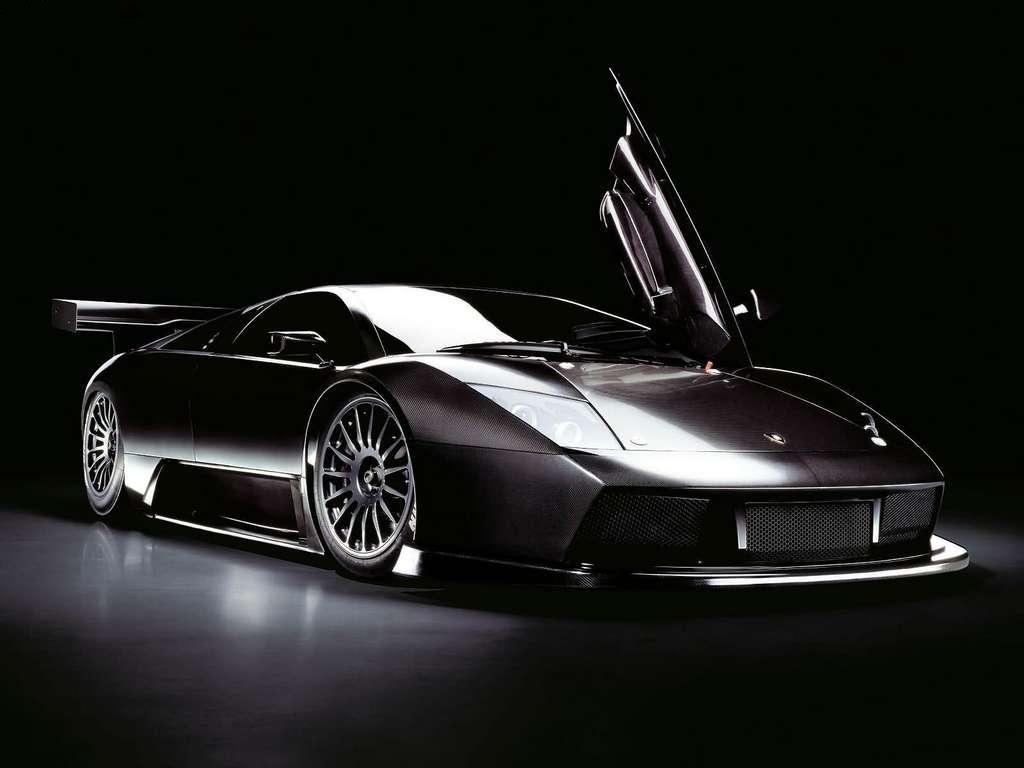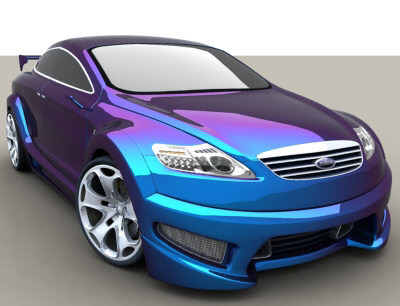 One of many alternative fuel applications being explored by Toyota is the use of compressed natural gas (CNG). For the Los Angeles Auto Show Toyota prepared a concept version of the Camry that combines a CNG fueled engine with the firm's Hybrid Synergy Drive system. To convert the stock Camry Hybrid into a CNG Hybrid Toyota's engineers replaced the gasoline fuel system with a compressed natural gas system that comprises of a pair of CNG tanks installed in the spare-tire well of the sedan's trunk. To compensate for the loss of the spare tire Toyota fitted the CNG Camry Hybrid Concept with runflat tires.
One of many alternative fuel applications being explored by Toyota is the use of compressed natural gas (CNG). For the Los Angeles Auto Show Toyota prepared a concept version of the Camry that combines a CNG fueled engine with the firm's Hybrid Synergy Drive system. To convert the stock Camry Hybrid into a CNG Hybrid Toyota's engineers replaced the gasoline fuel system with a compressed natural gas system that comprises of a pair of CNG tanks installed in the spare-tire well of the sedan's trunk. To compensate for the loss of the spare tire Toyota fitted the CNG Camry Hybrid Concept with runflat tires. The justify the vehicle's being as a concept, Toyota's designers also fitted the Camry with a 'light' bodykit that's complemented by new alloy wheels, dark tailamps, a lowered suspension for a more aggressive stance and most importantly, a new front bumper that does away with the grille making the sedan look like an offspring of the 'iQ' minicar.
The justify the vehicle's being as a concept, Toyota's designers also fitted the Camry with a 'light' bodykit that's complemented by new alloy wheels, dark tailamps, a lowered suspension for a more aggressive stance and most importantly, a new front bumper that does away with the grille making the sedan look like an offspring of the 'iQ' minicar.
According to the Japanese automaker, with the proposed CNG equivalent of 8 gallons of gasoline in its fuel tanks, the CNG Camry Hybrid concept has a range that exceeds 250 miles or 400 km.
The benefits of using CNG as a primary fuel source for internal combustion engines is that it's less expensive and it produces less pollutants and greenhouse emissions than gasoline. Also in concern of the U.S., there's a strong, reliable domestic supply of CNG. The downside is that you get fewer miles on a tank than gasoline plus in America, there are currently only about 1,000 CNG refueling stations nationwide, with less than half open to the public.
 "With the combination of plentiful long-term supplies in North America, improved and more efficient recovery methods, favorable pricing and clean-burn/low emissions characteristics, CNG has become a prime energy-source for the future," said Irv Miller, group vice president, TMS Corporate Communications. "With this concept, we are confirming our interest in pursuing CNG within our broad and comprehensive R&D scope."
"With the combination of plentiful long-term supplies in North America, improved and more efficient recovery methods, favorable pricing and clean-burn/low emissions characteristics, CNG has become a prime energy-source for the future," said Irv Miller, group vice president, TMS Corporate Communications. "With this concept, we are confirming our interest in pursuing CNG within our broad and comprehensive R&D scope."
This isn't the first time that Toyota has been experimenting with CNG as in 1999 the Japanese firm marketed a CNG-powered four-cylinder Camry to fleet customers in California. The test did not have any success though mainly because gasoline was very cheap at the time and due to the limited refueling infrastructure. The program was discontinued a year later, in 2000.












